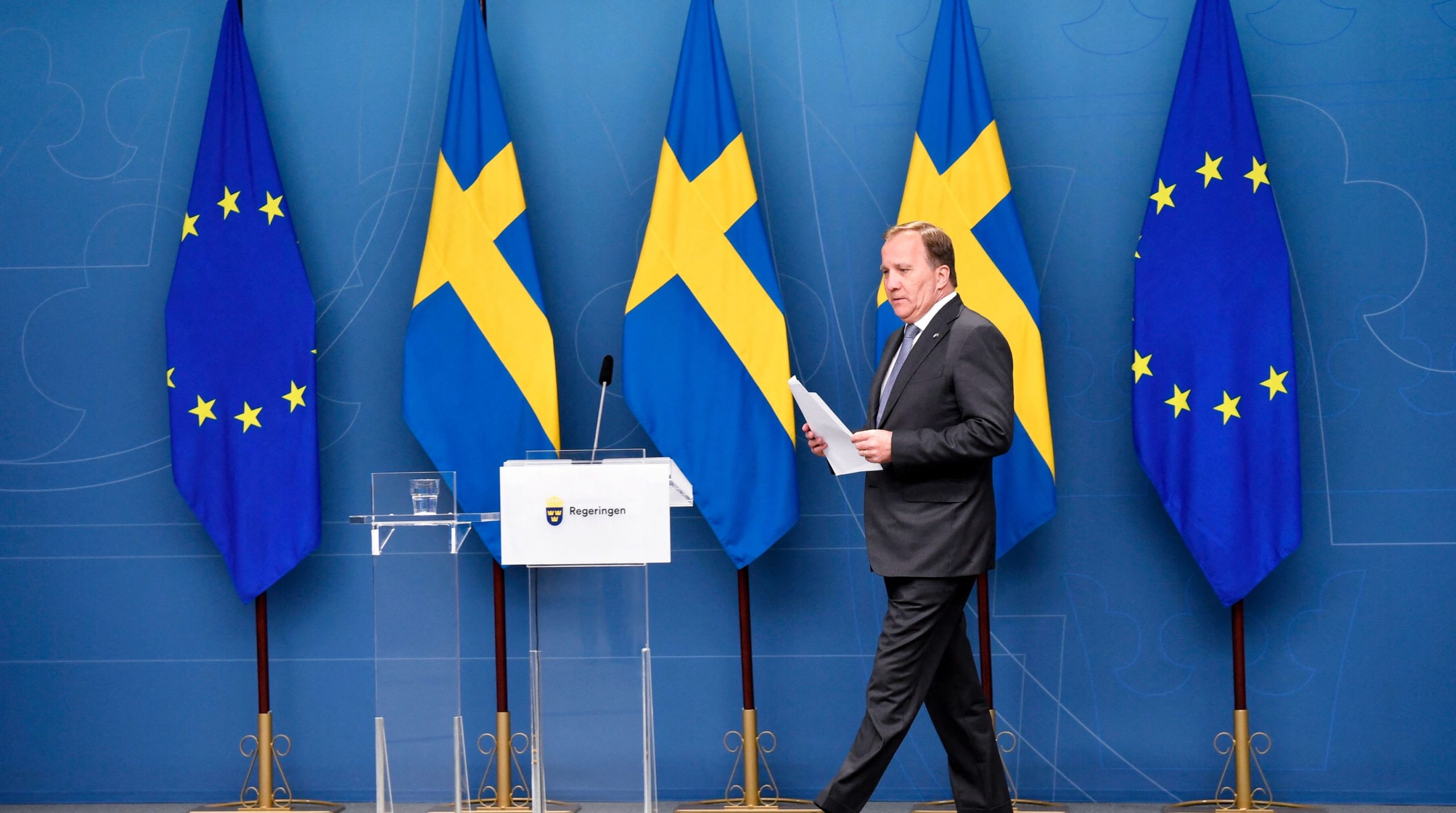It’s never happened before in Sweden: an incumbent prime minister ousted from power by parliament. Even minority governments, like the one who was given a non-confidence vote today, have not seen the like before. This kind of political tumult is entirely novel.
After the last election, the centre-Left Social Democrats, headed by Stefan Löfven, needed support from new allies. Their old friends, the former communists of the Left Party and the greens in the Environment Party, weren’t enough. Both the liberal Centre Party and the Liberals had run election campaigns aimed at removing Löfven, but after an agonising process, the PM managed to convince the parties’ MPs to abstain. Eventually, he sowed together a ragtag band of former enemies; the only thing uniting them was their mutual conviction to exclude the Sweden Democrats —the ascendant Right-wing nationalist party who called today’s vote of no confidence in Löfven — from political influence.
In practise, the two liberal parties also wanted to exclude the Left Party from all influence. The gamble was that they would continue to act as doormats, even though their votes were needed for the new government to get into power. They played along — until now.
From the beginning the Left Party made clear that they would accept the new government, but they had two red lines: don’t mess with the employment protection act or try to introduce market rents. The government ignored the first red line, and soon enough it crossed the Rubicon on point number two. In other words, the Government called the Left Party’s bluff and lost. Now, here we are.
The government has one week to win support in parliament — after that Stefan Löfven’s government falls. At that point there might be an extra election, which in Sweden doesn’t replace the regular election in 2022. The Sweden Democrats, polling at around 20%, are really the only ones who welcome a new election.
It seems like a new proverb in the making: if your government depends on the votes of a party who represent 8% of the people, then it is unwise to exclude them from all influence. Because guess what? That influence might pop up in other ways. Now the Centre Party and the Left, bitter enemies for as long as anyone can remember, will have to decide who they hate more: the Sweden Democrats or one another.
Ivar Arpi is a journalist at Rak höger, formerly of Svenska Dagbladet.










Join the discussion
Join like minded readers that support our journalism by becoming a paid subscriber
To join the discussion in the comments, become a paid subscriber.
Join like minded readers that support our journalism, read unlimited articles and enjoy other subscriber-only benefits.
Subscribe